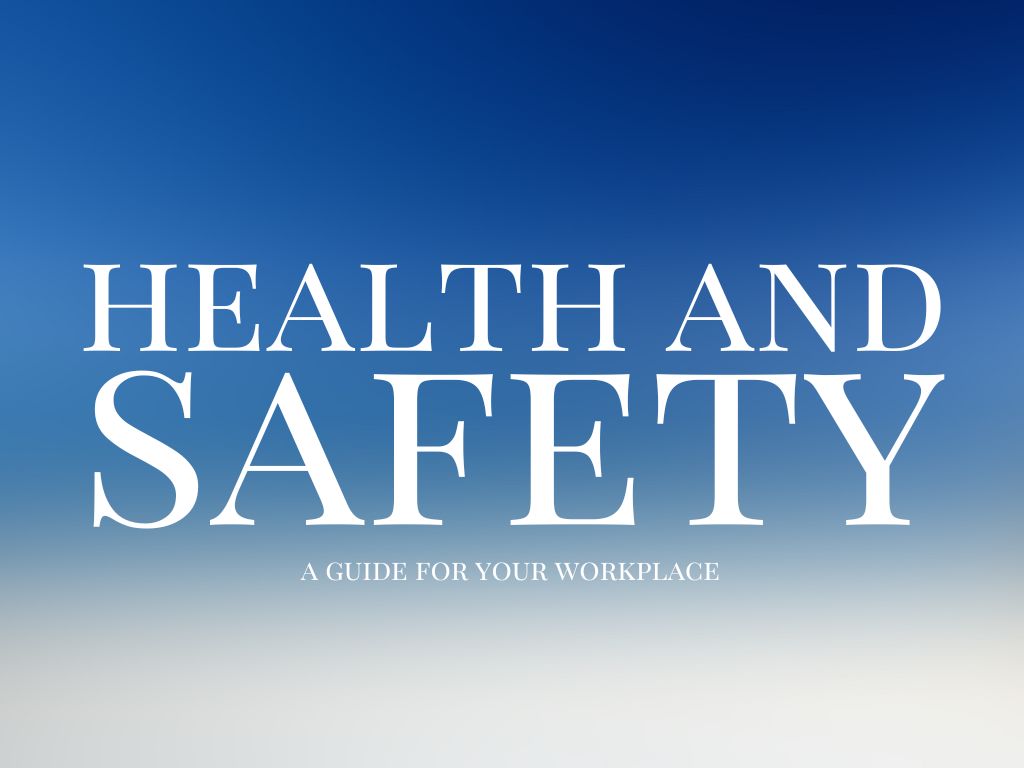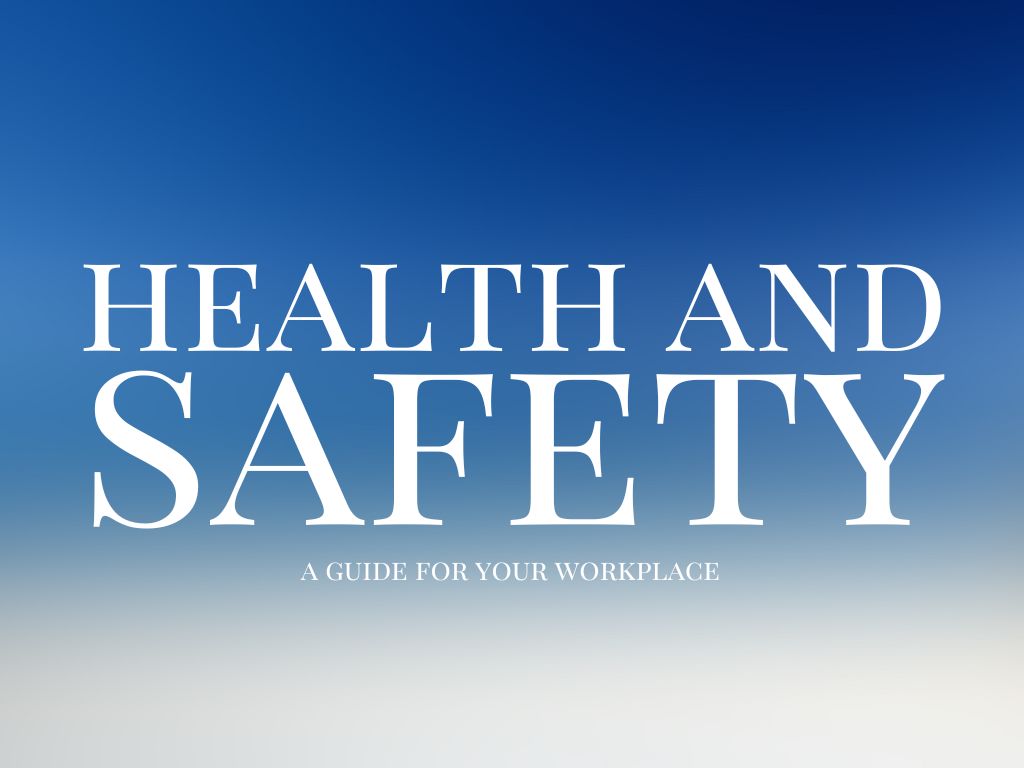In this fast-paced world, it is easy to cross sleep off our list of priorities. We juggle work, family, social commitments and countless other responsibilities, and we often compromise on sleep in the process. But what many of us don't know is that getting enough sleep isn't just a luxury it's a necessity, especially when it comes to maintaining mental health. connected. Imagine your body starting to reset at night. During sleep, our brain en
gages in important processes that help us manage our thoughts and gather and process information. Without adequate sleep, these activities can be affected and lead to many mental health problems. We've all experienced the frustration and disappointment that comes with a sleepless night. But long-term sleep deprivation can lead to more serious mental health problems, such as depression and anxiety. Research shows that people who suffer from insomnia are more likely to develop depression than people who regularly get enough sleep. This can lead to stress and anxiety, leading to further depression.
So how can we make sleep important in our lives? Start by recognizing the importance of sleep and vowing to make it a part of our daily lives. Here are some tips to improve sleep and improve mental health:
Create a consistent sleep schedule: Go to bed and wake up at the same time every day, even on weekends. This helps regulate your body's biological clock and promotes better sleep. . -
Watch your caffeine intake: Limit caffeine and other stimulants, especially in the afternoon and evening, because they can affect sleep. We can protect our brain and general health with our sleep. Remember, getting enough rest is not selfish; It is important to do your best both mentally and physically. So tonight, let's all commit to giving our brains the rest it needs to thrive. Your heart will thank you.


.jpg)

0 Comments